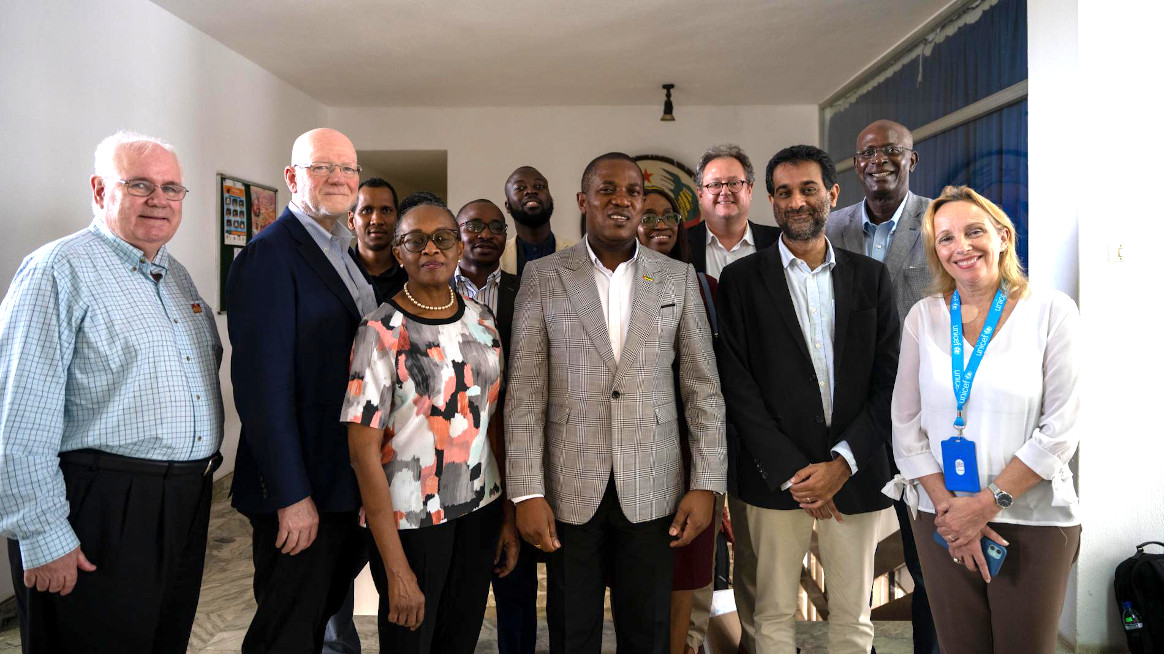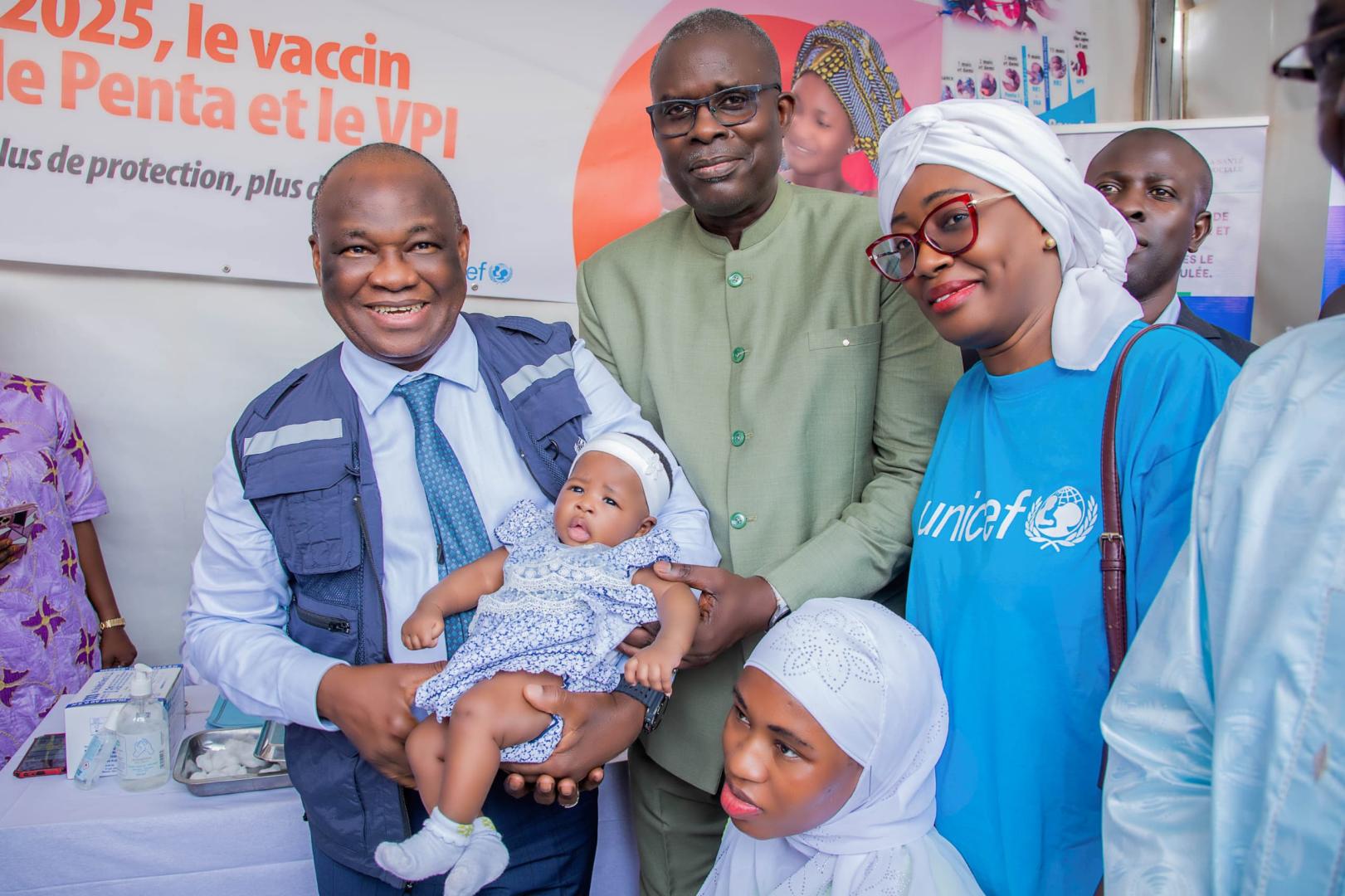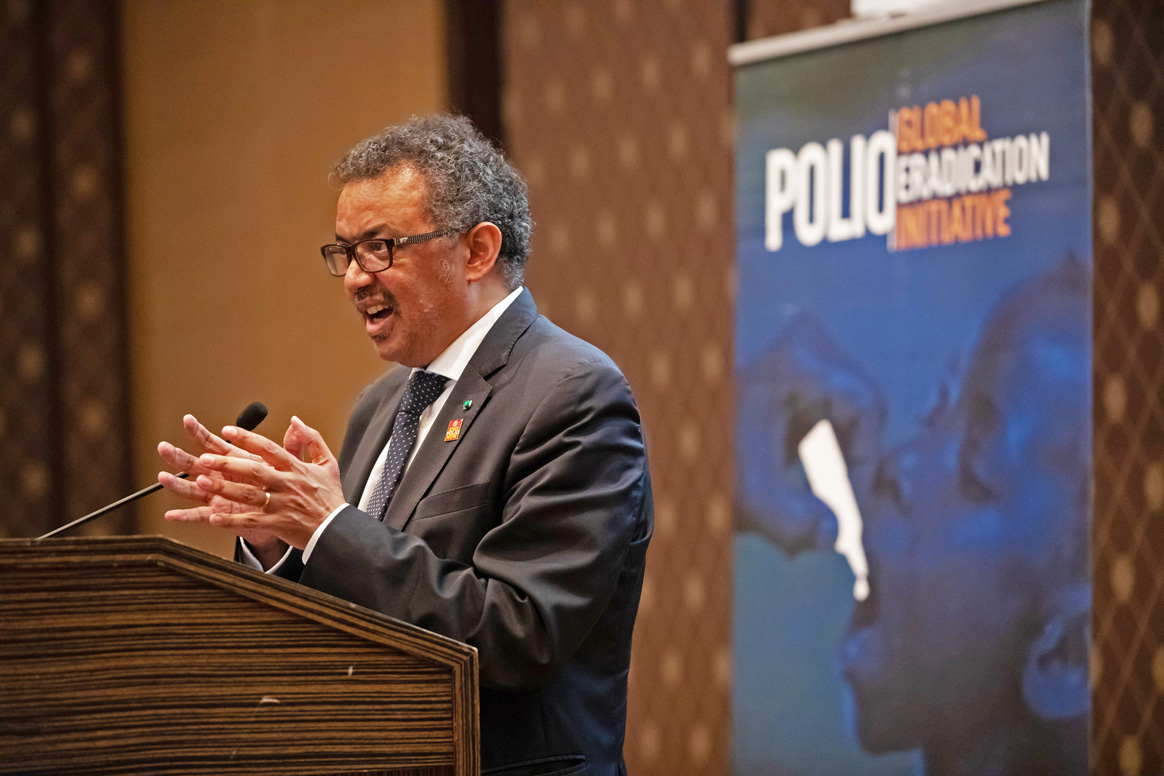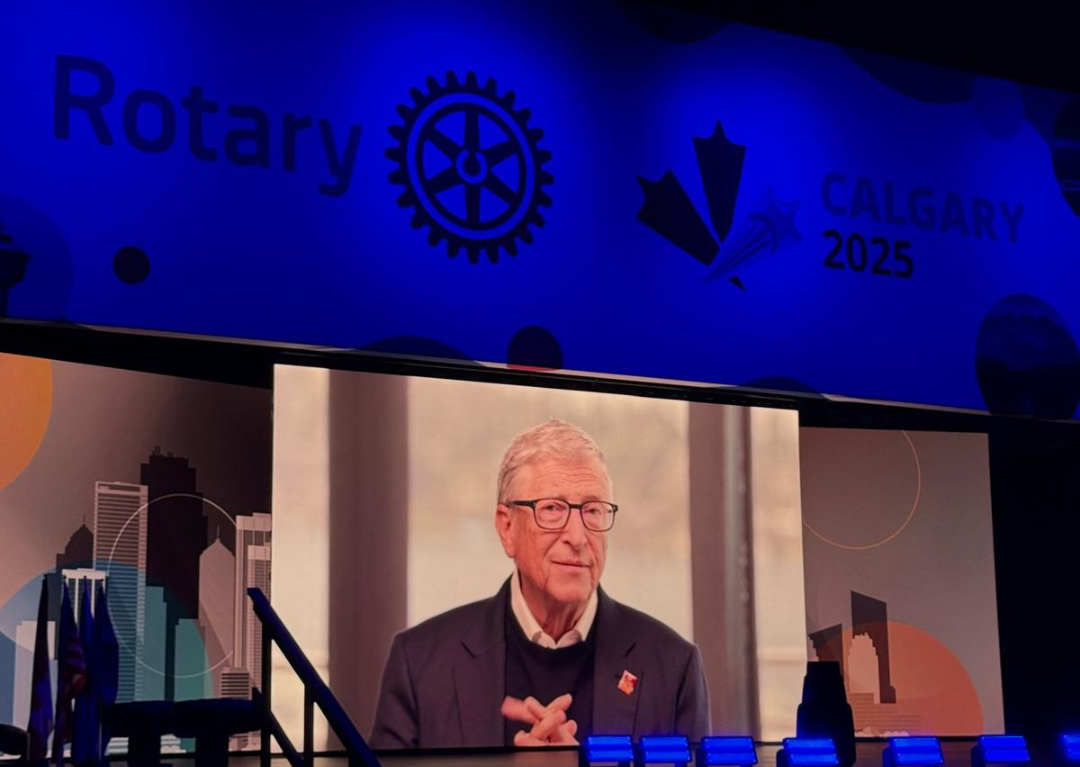
Under the leadership of the Ministry of Health, with support from Rotary and other GPEI partners, a multi-round polio vaccination campaign is being implemented in Mozambique. Six rounds of vaccination were completed in 2022, covering all provinces of the country and reaching 8.7 million children.
A further four rounds of vaccination are planned for 2023. Rotary and GPEI partners are jointly working together to support health authorities to deliver training on community-based surveillance, procuring and distributing 30 million vaccine doses and 8000 vaccine carriers, expanding field surveillance efforts, supporting vaccine management and social behaviour change activities. The GPEI are also supporting the deployment of vaccination teams, under the overall coordination of the Ministry of Health.
During a visit to Mozambique from 21 to 23 February 2023, representatives of the United Nations Children’s Fund (UNICEF), World Health Organization (WHO), Bill & Melinda Gates Foundation, Rotary Foundation and the United States Centers for Disease Control and Prevention, emphasized the importance of building on lessons learnt and successful approaches used in polio eradication to strengthen the country’s response to other health emergencies, including the ongoing cholera outbreak.
The polio outbreak response in Mozambique comes as the country is also addressing other emergencies, including the COVID-19 pandemic, cholera, floods and insecurity in the northern Cabo Delgado region.
The senior leaders included UNICEF Regional Director for Eastern and Southern Africa, Mr Mohamed Fall, WHO Regional Director for Arica, Dr Matshidiso Moeti, Mr Chris Elias, the Chair of the Polio Oversight Board of the Global Polio Eradication Initiative (GPEI), Mr Mike McGovern, Chair of the Rotary International PolioPlus Committee, Dr Omotayo Bolu, Polio Eradication Branch Chief for the United States Centers for Disease Control and Prevention, and other partners.
They met with Mozambican Prime Minister Adriano Afonso Maleiane and visited Mozambique’s northern Tete province, where eight wild poliovirus cases were detected last year.
During their visit to Tete province, the delegation witnessed polio response efforts in the field, engaged with health workers and support staff, supervisors, religious and community leaders. They also visited an Emergency Operations Centre and a Cholera Treatment Centre to better understand challenges and progress in the polio and cholera responses.
“The Government of Mozambique has shown strong leadership in the response to polio, ensuring that all eligible children are reached and protected with the vaccine through effective immunization campaigns,” said Dr Moeti. “We must not relent nor spare efforts to finish the job of ending polio once and for all.”
Polio, a debilitating viral disease that was once the leading cause of paralysis among children worldwide, is very close to being eradicated. Since 1988, the number of children affected by polio has reduced by 99 per cent. But outbreaks continue to occur, including in Mozambique, and ensuring every last child is immunised against the virus is a global priority.
Originally published here.



